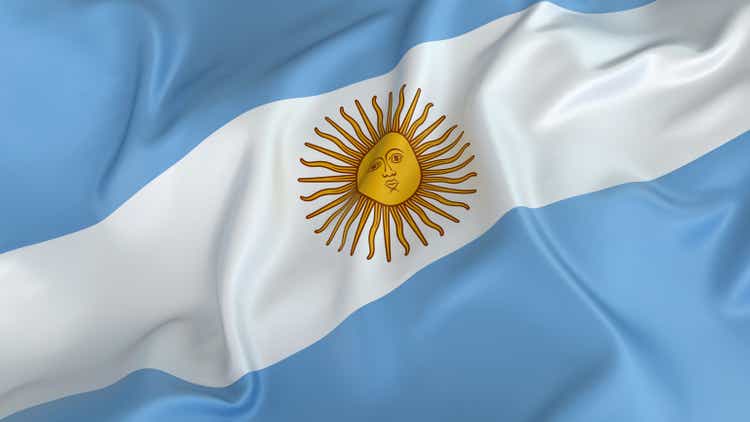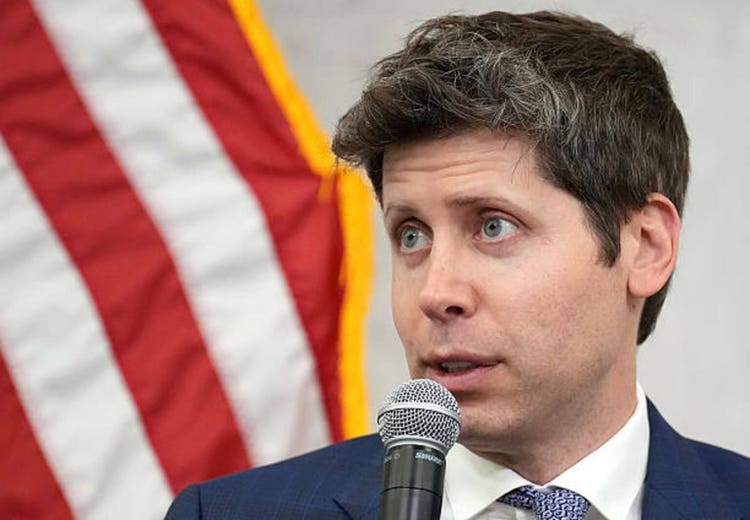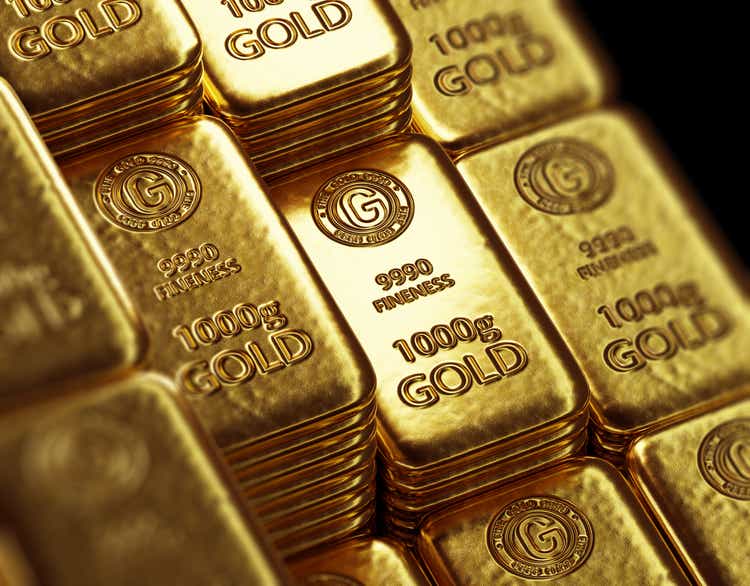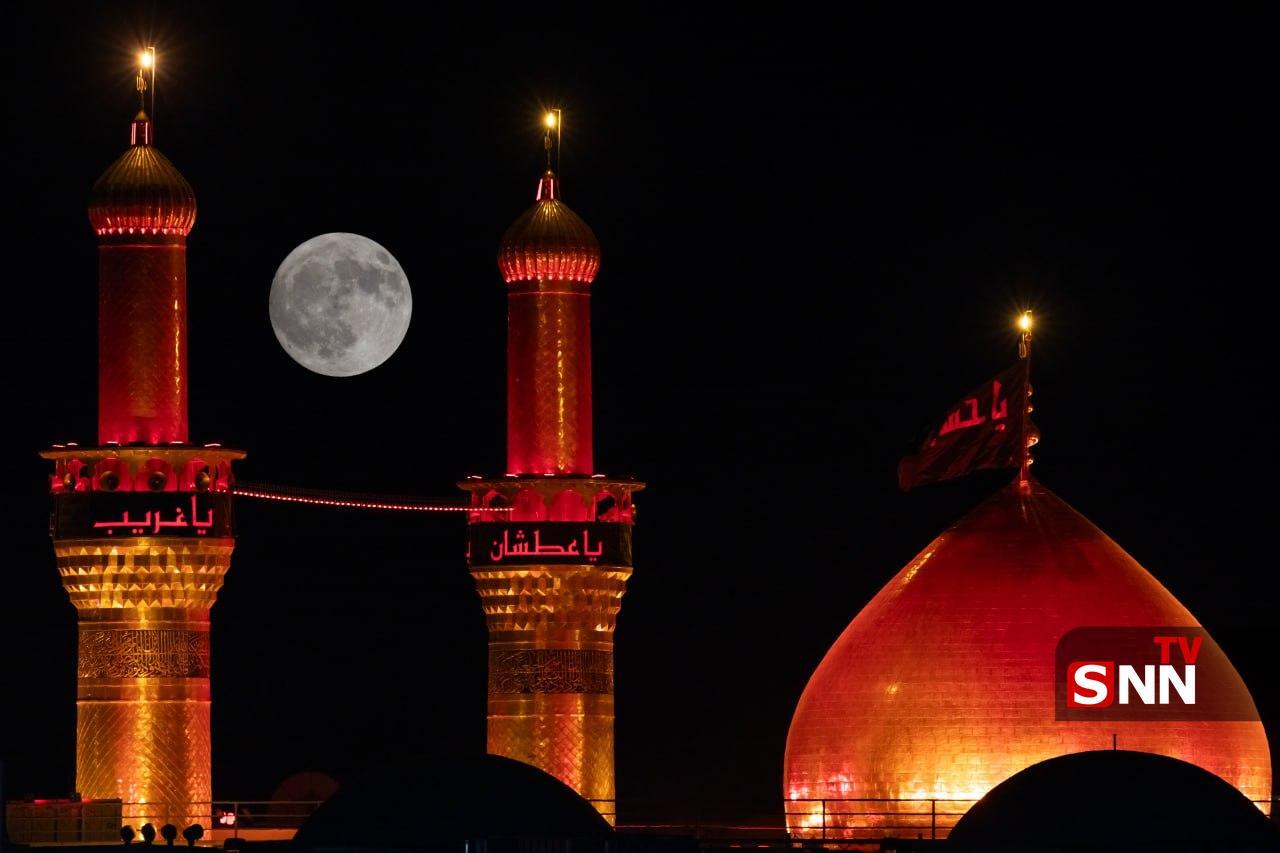Former diplomat Vikas Swarup has said one of the reasons behind Washington’s punitive tariffs on New Delhi is that US President Donald Trump is “miffed” with India for ignoring his “so-called role” in brokering a peace deal with Pakistan following the May military conflict.
In an interview with ANI, the former High Commissioner to Canada and author said the United States’ current relationship with Pakistan is “a short-term, tactical arrangement driven largely by financial interests,” while US-India ties remain strategic.
“We have to understand why these tariffs have been imposed....One, Trump is not happy with India because we are a member of BRICS...he has got this notion that BRICS is an anti-American alliance which is hell-bent on creating an alternative currency to the dollar...he feels that India should not be a member of the BRICS,” Swarup said.
He added that another reason is New Delhi’s refusal to give Trump credit for brokering a peace deal with Pakistan after Operation Sindoor in May. “Trump has now said almost 30 times that it was he who got the two countries to stop back from the brink, who stopped a nuclear conflagration in the subcontinent. So, he is miffed that India has not acknowledged his role, whereas Pakistan has not only acknowledged his role but has even nominated him for a Nobel Peace Prize,” he said.
Trade pressure tactics
Swarup noted that India has not yielded to US pressure in trade talks over greater access to its agriculture and dairy sectors, as well as genetically modified crops. “This is part of his pressure tactics to get India to sign on the dotted line on the maximalist demands that the US is making with regard to access to our dairy and agriculture, and genetically modified (GM) crops. We have not caved in, and it is also in a way a signal to Russia because he is also frustrated that he has not been able to get President Putin to agree to the ceasefire that Zelensky has agreed to,” he said.
On tariffs, Swarup pointed out, “The US called India a ‘Tariff King’. But now the ‘Tariff King’ in the world is the United States because our average tariff is about 15.98 per cent. The US tariff today is 18.4 per cent. So, it is now the ‘Tariff King’ of the world. But the fact is, tariffs are bringing in money. They will bring in about 100 billion dollars a year for the US. But the issue is that eventually, who will pay for these tariffs? By American consumers. So, what's going to happen is this is going to ratchet up inflation in America, it's going to ratchet up prices in America. I think that's when the chickens will come home to roost.”
Pakistan’s US outreach
According to Swarup, “Pakistan, through some intermediaries, has gotten the ear of the US President, and that is why, two visits by Asim Munir to Washington, the so-called ‘deal’ with America on the so-called ‘oil reserves’ of Pakistan.” He also claimed Pakistan is trying to position itself as the “Crypto King” of South Asia through ventures in which Trump’s associates have stakes.
“But that does not mean that he has given up on India or that India is now an adversary for him. I think this is part of his pressure tactics to secure a more favourable deal. India should not cave in because our strategic autonomy is non-negotiable,” Swarup added.
Indus Waters Treaty tensions
Swarup also said, “Pakistan is rattled by our putting in suspension the Indus Waters Treaty. Pakistan is heavily dependent on the waters of those rivers...So, what it is threatening is that if India builds a dam, which is not happening immediately, we are going to destroy those dams; we are going to send our missiles and destroy those dams. It is easier said than done...What he (Asim Munir) always tries to stoke is the fear of a nuclear war between India and Pakistan because Pakistan always wants external mediation...They are deliberately provoking nuclear blackmail just so that they can catch the attention of the world...”
He stressed, “India is too large, too proud a country to become a camp follower of any other country. Our strategic autonomy has been the bedrock of our foreign policy right from the 1950s. I don't think that any Govt in Delhi can compromise on that.”

 1 day ago
1
1 day ago
1











 English (US) ·
English (US) ·